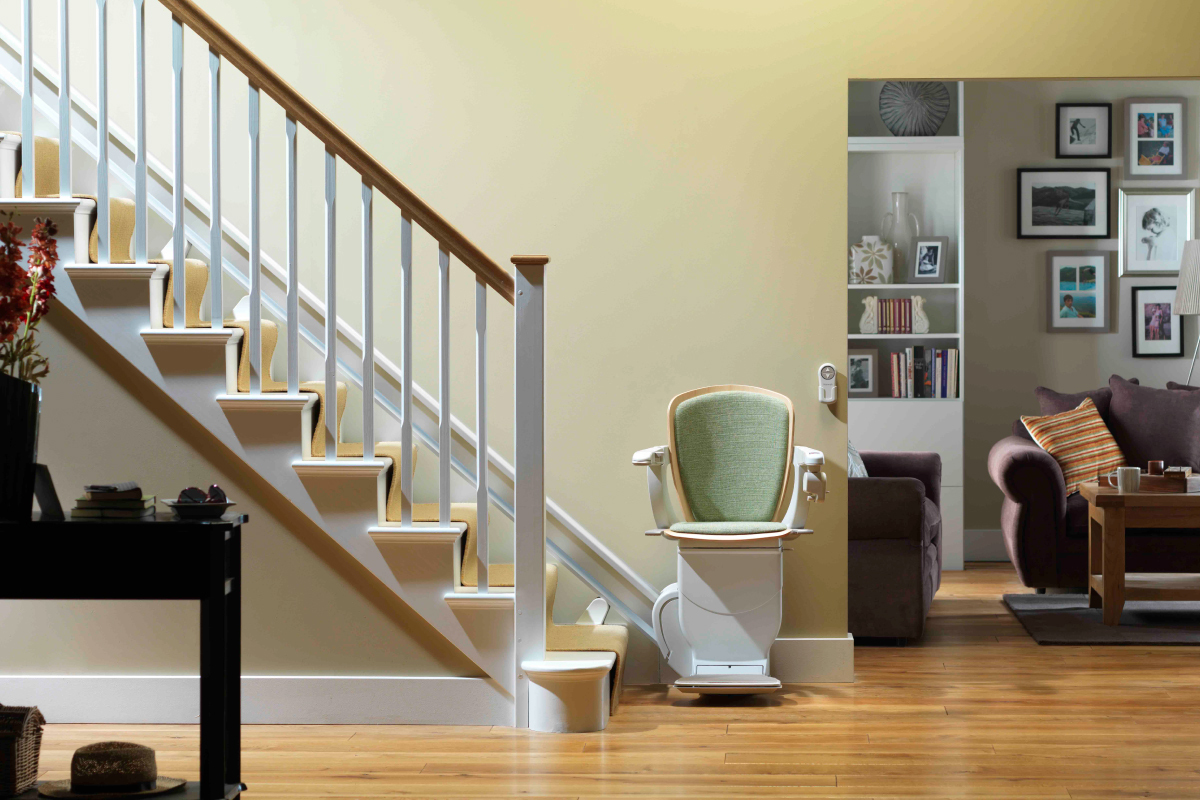Downsizing your home: is it the right move for you?
Written by fernando at 07-06-2024

It’s a classic dilemma after a certain age: downsize to a smaller house or stay put in the familiar surroundings you love?
Having a big house that was once filled with kids and a busy life may start to feel a bit empty after a while, which leads many of us to look for solutions to adjust our house to a newer reality. More often than not, the housing options are either downsizing or ageing in place.
But what is the best option for you? Let’s break down the pros, the cons, and the “wait, what?” of choosing one of these alternatives. At the end of it, you’ll be able to decide which option is best for you.
Downsizing: the pros and cons
If you’re considering downsizing, you’re looking to move to a smaller, perhaps more manageable house, where maintenance costs and utility bills could be significantly lower. Selling a bigger home can also imply financial gains, which you may be counting on to provide an additional cushion for a more secure retirement.
But here’s the catch: your home is more than bricks and mortar – it’s filled with memories. Downsizing can feel like leaving a big part of yourself behind. It means saying goodbye to familiar surroundings and a neighbourhood you’ve known for years.
And as if that’s not enough, there is also the big elephant in the room: the current housing market conditions. With home prices soaring to an all-time high, selling might bring in the money you expect, but buying a new house may be far more expensive than you first thought. Nowadays, downsizing is not the smart money move it used to be, so weigh the potential pros and cons carefully when considering this option.
| Downsizing | |
| Pros | Cons |
| Reduced maintenance costs (if downsizing significantly) | Major lifestyle change |
| Lower mortgage payments | Difficulty storing belongings, may require renting a storage unit |
| Reduced property taxes (depending on location) | Unpredictable housing market |
| Lower utility bills (heating, cooling) | It may require selling cherished possessions |
| Potential financial gain from selling | Less room for hobbies and entertaining |
| It may lead to a simpler lifestyle | Potential isolation, especially if downsizing to a big community |
| It may not be suitable for future needs, like if you plan to have family or friends visiting | |
| It can feel like a loss of status | |
Ageing in place: the pros and cons

More and more people are choosing to age in place. Why is this so appealing? Ageing in place lets you stay in the home you love, connected to your cherished memories and the community you’ve known for years. No wonder studies show that 77% of people over 50 prefer ageing in place.
Admittedly, the concept of ageing in place requires making a few modifications to your home to ensure you remain perfectly comfortable and safe as you age. But making your home more accessible doesn’t need a massive overhaul.
Minor adaptations, such as installing bathroom grab bars or improving hallway lighting, can easily enhance your home’s accessibility.
If stairs are a concern, you might be considering moving your bedroom downstairs or even downsizing altogether. But there’s a better option: a stairlift.

Stairlifts are a sustainable and cost-effective way to maintain full use of your entire home. They allow you to continue living safely and comfortably on all floors, maximising your independence and quality of life. This adaptation alone can significantly enhance your mobility and allow you to stay in your home for several years.
| Ageing in place | |
| Pros | Cons |
| Avoid the high costs and competition of buying a new home | Potential lack of accessibility features like grab bars, walk-in showers, etc. |
| Benefit from government subsidies for home modifications to improve accessibility | Ongoing upkeep and repairs can be expensive |
| Potentially lower costs when compared to assisted living facilities | Maintaining a home can become physically demanding as you age |
| Leverage built-up equity for modifications or in-home care | It may not be suitable for advanced medical needs |
| Maintain control over daily routines and live independently for longer | |
| Remain in a familiar place reduces stress and anxiety | |
| Sense of security in a known environment | |
| Continue hobbies and interests – your home is likely already set up for them | |
To leave or not to leave: that is the question
Still wondering which option is the best one for you? Here’s a final list of key things to consider before you start packing boxes or moving your bedroom downstairs:
- Money matters: Downsizing in the current market may not be the investment it once was, and staying put might require home modifications. Every choice has a price, so weigh the costs carefully.
- Mobility check: Can you easily navigate your current home? If stairs are a struggle, consider a stairlift or similar mobility equipment. If you really don’t see yourself using one, a one-level house might be ideal.
- Heartstrings: Does your home hold cherished memories? Leaving could be an emotional blow hard to overcome.
Downsizing and ageing in place both have pros and cons. The secret is to start thinking about it well before retirement. That way, you can plan, explore options, and make the wisest choice for your comfort and security. After all, this is about creating the perfect home for your future.



